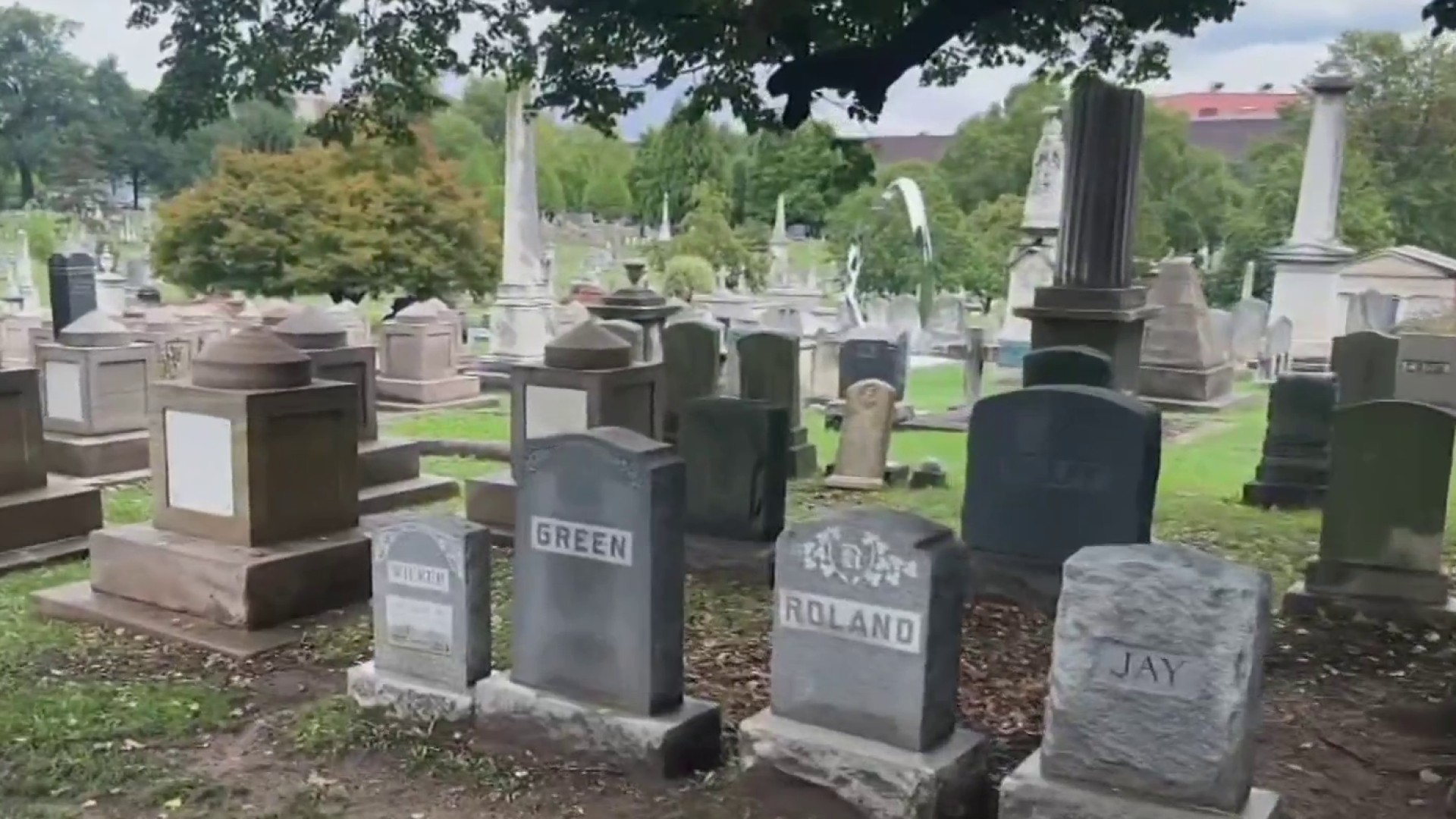Governors from states neighboring the Chesapeake Bay signed a new agreement Monday that will require state officials to submit plans in 90 days on how they specifically plan to fight pollution in the nation's largest estuary.
That's a departure from previous agreements by states in the watershed that environmentalists say will help boost accountability in how well states meet goals.
Democratic Gov. Martin O'Malley hosted a meeting of the council and a signing ceremony that included the governors of Virginia, Delaware, Pennsylvania and the mayor of the District of Columbia. The agreement, an update to the last one signed 14 years ago, marks the first time that states in the bay watershed have pledged to work toward goals beyond water quality. This agreement includes plans for addressing environmental literacy, toxic contaminants and climate change.
"We have made a big shift when it comes to the cleanup of the Chesapeake Bay," O'Malley said at a signing ceremony at the City Dock in Annapolis with the bridge spanning the bay in the backdrop. "Instead of praying for a better result 20 years from now, we are taking better actions today in order to achieve better results tomorrow. It's about actionable goals. It's about measureable goals.''
Virginia Gov. Terry McAuliffe, a Democrat, noted he will be reviving a commission on climate change in Virginia that has been dormant for four years. "This new commission will inform of us of our actions that we must take, not only to protect the resiliency of the bay's watershed but also for the rest of Virginia, especially our coastal areas,'' McAuliffe said.
Delaware Gov. Jack Markell, a Democrat, said while some of the work to fight pollution involves regulations, but much involves making the right investments.
"We're going to do our part,'' Markell said. "We're going to keep pushing in Delaware to raise the funds that are necessary to make ongoing investments in our state.''
Local
Washington, D.C., Maryland and Virginia local news, events and information
Pennsylvania Gov. Tom Corbett, a Republican, noted a large amount of the water that ends up in the bay come from upstate jurisdictions such as Pennsylvania and New York wash into the bay. He said Pennsylvania was committed to doing its part, and he noted the importance of addressing pollution from agricultural runoff.
"This agreement is a responsible way to approach improving both the water quality and the environment of the entire region that means so much to all of us here today,'' Corbett said.
The governors of West Virginia and New York, which are part of the six-state watershed, did not attend. Gov. Earl Ray Tomblin, a Democrat, expressed support for the agreement in a statement, saying efforts to fight pollution in West Virginia rivers and streams benefit his state as well as the bay.
The signing of the agreement comes less than a week after two environmental groups issued a report saying states in the bay watershed have made strides in reducing pollution, but that many jurisdictions are falling short in implementing practices that cut contaminants from agriculture as well as urban and suburban runoff.
William Baker, president of the Chesapeake Bay Foundation, said the agreement was noteworthy for requiring states that have signed to submit plans with 90 days as to how they are going to implement management promises.
"That's critical, and we've never had that before in one of these agreements,'' Baker said.



